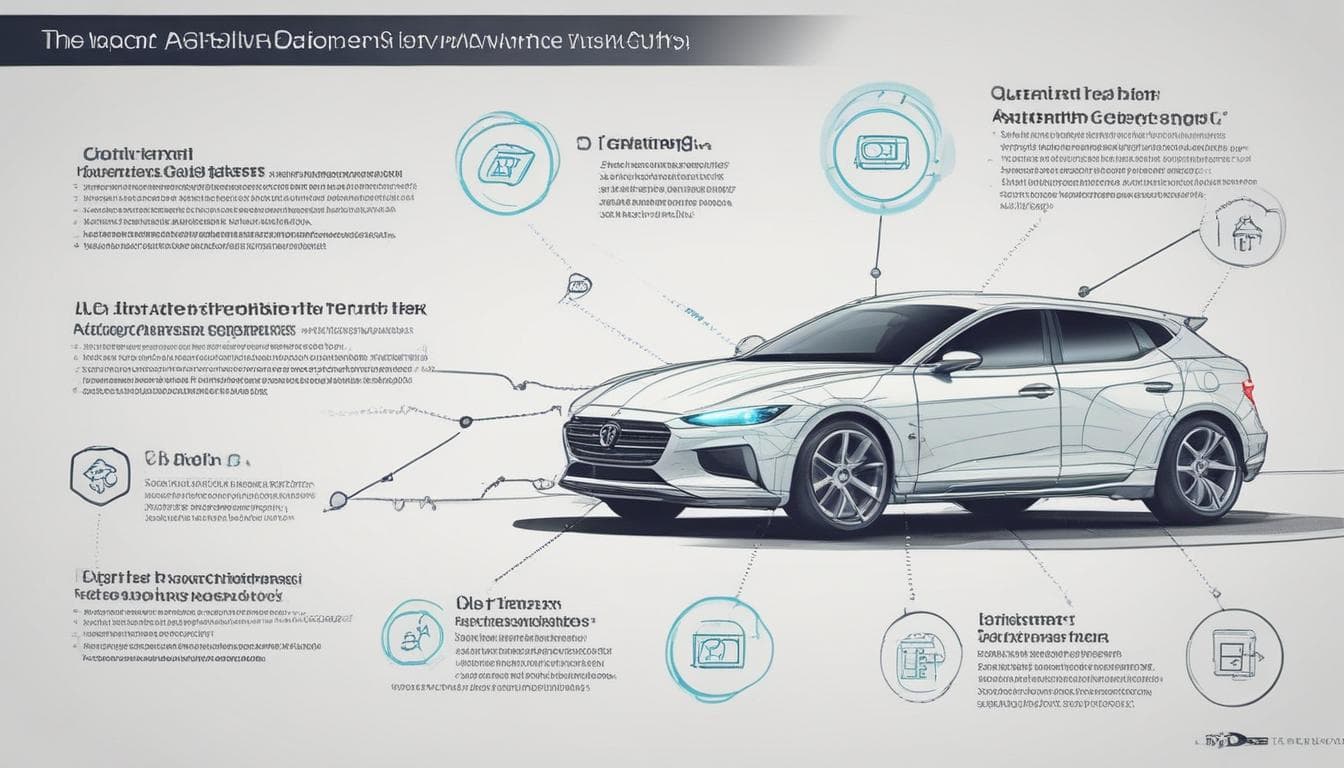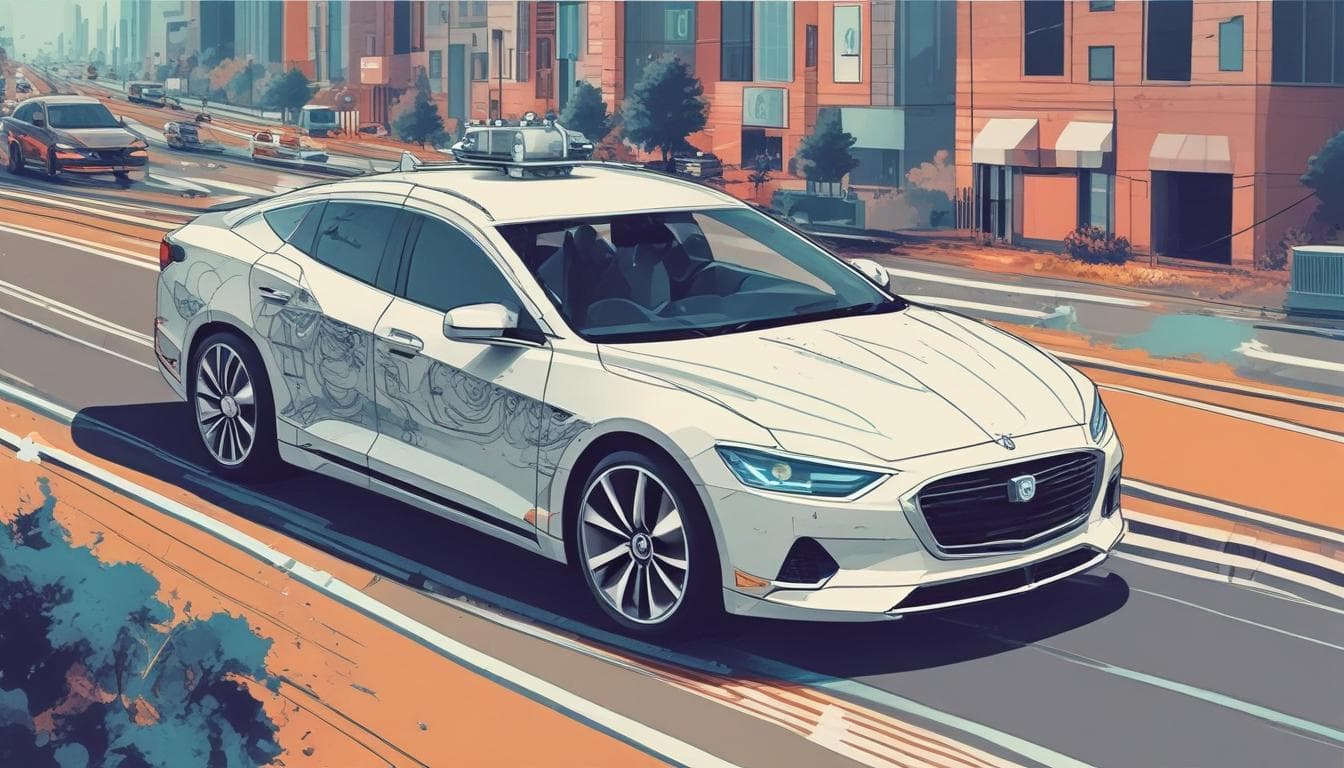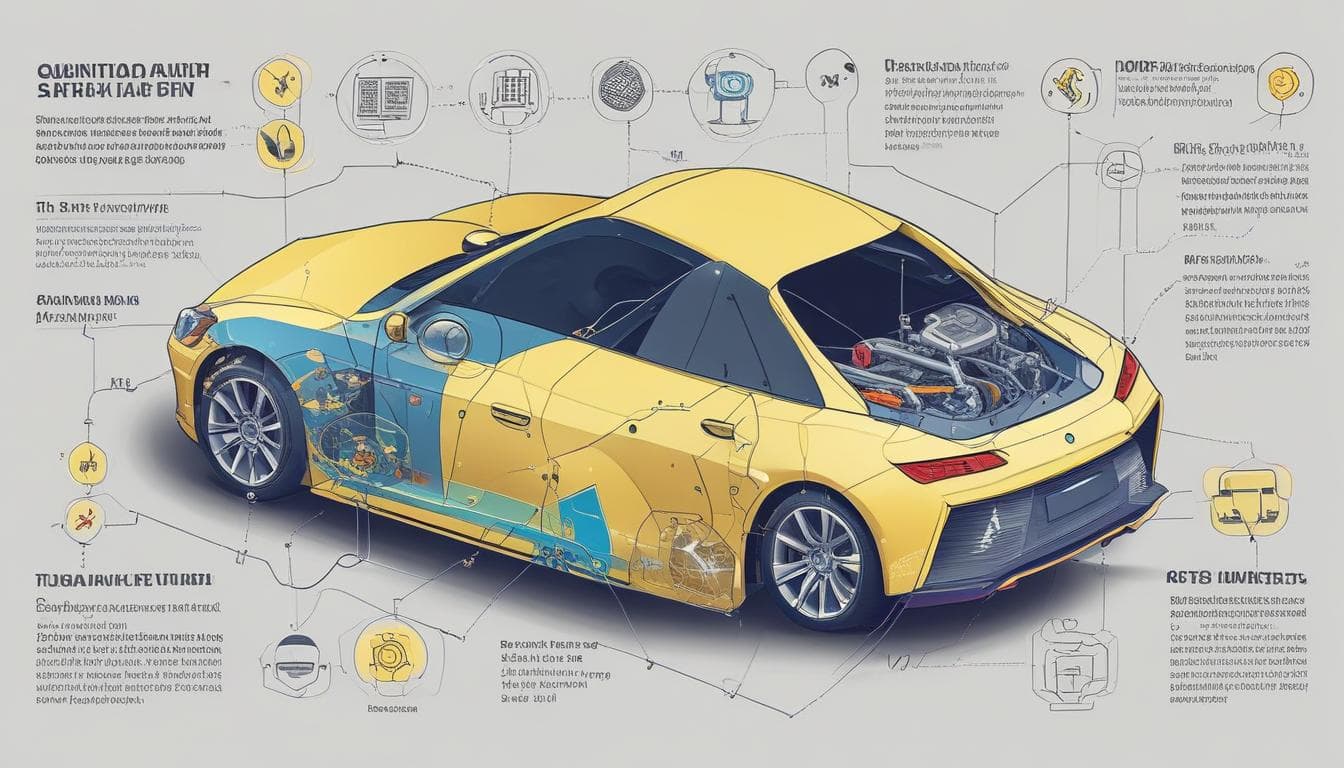Quantum computing, a revolutionary technology leveraging the principles of quantum mechanics, is poised to reshape numerous industries, and the automotive sector is no exception. Its immense processing power promises to tackle complex problems currently intractable for classical computers, paving the way for unprecedented advancements in vehicle design, manufacturing, and operation.
Quantum Computing: A New Frontier for Automotive Innovation
Quantum computing's potential stems from its ability to perform calculations exponentially faster than traditional computers. This capability is particularly relevant to the automotive industry, which grapples with computationally intensive tasks such as material simulation, aerodynamic optimization, and traffic flow management. Quantum algorithms can accelerate these processes, leading to significant improvements in efficiency, performance, and safety.
Material Science and Design
Quantum computers can simulate the behavior of materials at the atomic level, enabling the discovery of novel materials with enhanced properties. This is crucial for developing lighter, stronger, and more durable components for vehicles, leading to improved fuel efficiency, safety, and performance. 
Enhancing Vehicle Design
Aerodynamic optimization is critical for minimizing drag and maximizing fuel efficiency. Quantum computing can perform complex fluid dynamics simulations with greater speed and accuracy, leading to more aerodynamic vehicle designs. 
Revolutionizing Manufacturing and Supply Chains
Quantum computing can also optimize manufacturing processes and supply chain management. By analyzing vast amounts of data, quantum algorithms can identify bottlenecks, predict demand fluctuations, and optimize logistics, leading to increased efficiency and reduced costs.
Optimizing Manufacturing Processes
Quantum computers can optimize production schedules, allocate resources efficiently, and minimize waste, leading to streamlined manufacturing operations. 
Streamlining Supply Chain Management
Quantum algorithms can analyze complex supply chains, predict disruptions, and optimize delivery routes, ensuring timely delivery of parts and reducing inventory costs. 
Transforming the Driving Experience
Quantum computing can revolutionize the driving experience by enabling more sophisticated autonomous driving systems, optimizing traffic flow, and enhancing vehicle safety.
Advancing Autonomous Driving
Quantum computing can accelerate the development of more robust and reliable autonomous driving systems by enabling faster processing of sensor data, more accurate object recognition, and improved decision-making in complex scenarios. 
Optimizing Traffic Flow
Quantum algorithms can analyze real-time traffic data and optimize traffic light timings, reducing congestion and improving overall traffic flow in urban areas. 
Enhancing Vehicle Safety
Quantum computing can enhance vehicle safety by enabling faster and more accurate analysis of sensor data, allowing for quicker detection of potential hazards and enabling more effective collision avoidance systems. 
Conclusion
Quantum computing holds immense potential for transforming the automotive industry. From material science and vehicle design to manufacturing optimization and autonomous driving, the applications of this groundbreaking technology are vast and far-reaching. While still in its early stages of development, quantum computing is rapidly advancing, and its impact on the automotive sector is expected to be profound in the coming years. The automotive industry must embrace and invest in quantum computing research and development to fully unlock its transformative potential and drive the future of mobility. Join the quantum revolution and shape the future of transportation.

 La Revolución Eléctrica: Cómo la Electrificación Está Transformando la Industria Automotriz
La Revolución Eléctrica: Cómo la Electrificación Está Transformando la Industria Automotriz El Futuro de la Movilidad: Cómo la Integración Tecnológica Está Transformando la Industria Automotriz
El Futuro de la Movilidad: Cómo la Integración Tecnológica Está Transformando la Industria Automotriz La Revolución de la Impresión 3D en la Industria Automotriz
La Revolución de la Impresión 3D en la Industria Automotriz Estaciones de Servicio del Futuro: Innovación, Tecnología y Sostenibilidad
Estaciones de Servicio del Futuro: Innovación, Tecnología y Sostenibilidad Impresión 3D y Personalización en Masa: La Nueva Era de la Fabricación de Vehículos
Impresión 3D y Personalización en Masa: La Nueva Era de la Fabricación de Vehículos La Revolución de la Impresión 3D: Cómo la Fabricación Aditiva Está Transformando la Personalización de Vehículos
La Revolución de la Impresión 3D: Cómo la Fabricación Aditiva Está Transformando la Personalización de Vehículos